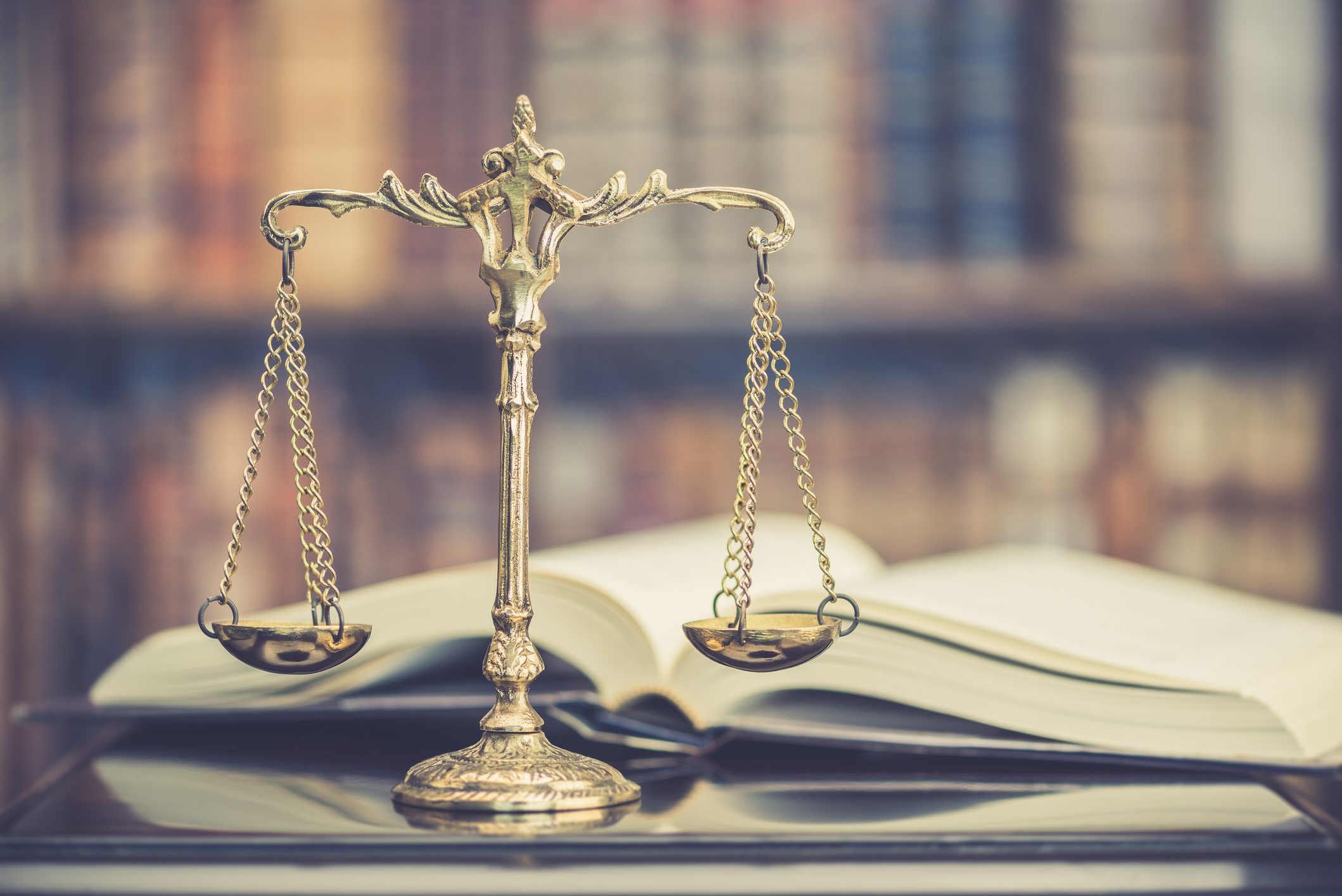Understanding Retaliation in Academic Settings: When Reporting Cheating Leads to Being Placed on Leave
In the realm of academia, ethics and integrity hold paramount importance. Reporting cheating is a courageous act that upholds these values; however, sometimes the aftermath of exposing academic dishonesty can result in unexpected and unjust consequences. One such consequence is being placed on leave allegedly due to misconduct claims, which can, in fact, be a form of retaliation. This article seeks to provide a comprehensive understanding of what constitutes retaliation disguised as misconduct claims, the steps to collect and preserve evidence, procedural rights, and the necessary legal actions to protect an individual’s position and reputation.
What Constitutes Retaliation After Reporting Cheating?
Retaliation in an academic setting commonly occurs when an individual faces negative treatment after participating in a protected activity such as reporting cheating or academic dishonesty. Retaliation disguised as misconduct claims occurs when the institution or its representatives file or induce allegations of misconduct simply as a pretext to punish or silence those who exposed wrongdoing. This unjust act undermines the whistleblower’s role and discourages future reporting of unethical behaviors.
Examples of retaliation disguised as misconduct include placing the accuser on administrative leave, initiating baseless disciplinary actions, demotion, or any adverse employment or academic actions following the reporting. The retaliation might not always be overt; it can be subtle, manifesting as exclusion from committees, denial of promotions, or undermining professional reputation.
The Importance of Documenting Your Involvement and Timeline
When faced with potential retaliation, the foundation of your defense is meticulous documentation. Collecting and preserving all relevant documents is vital. This ensures that you have a clear account of your role in exposing academic dishonesty as well as the sequence of events related to the subsequent allegations against you.
Key documents to collect include:
- Emails and electronic correspondence pertinent to the report of cheating;
- Formal reports or complaints submitted regarding academic dishonesty;
- Official notices or communications from the institution related to any claims of misconduct against you;
- Meeting minutes, hearing notes, or any records of discussions involving you in relation to both the cheating report and the misconduct allegations;
- Timeline documentation outlining dates of submission, responses, allegations, and any administrative actions taken.
This documentation establishes a clear narrative linking your involvement in exposing cheating to the ensuing retaliatory actions, thereby supporting your claim of retaliation.
Requesting Written Details on Misconduct Allegations and Suspension Procedures
Transparency on the part of the educational institution is imperative. Upon being placed on leave or accused of misconduct, you have the right to request detailed written information about:
- The specific allegations made against you;
- The evidence or basis used to formulate these allegations;
- The procedural steps the university followed in suspending or placing you on leave;
- Any rights you retain to respond or appeal the decisions made;
- The timelines and deadlines relevant to the disciplinary process.
Written records ensure you understand the charges and procedural fairness, allowing you to prepare an effective defense. The absence of such details or vagueness in explanations can indicate procedural improprieties or violations of due process rights.
Understanding Your Rights and Due Process in Academic Disciplinary Actions
Due process is a fundamental legal principle that guarantees fair treatment through the normal judicial system, especially as a citizen's entitlement. In the context of academic disciplinary actions, due process typically includes:
- The right to receive a clear and timely notice of the allegations.
- The right to be informed of the procedural steps and any potential sanctions.
- The opportunity to review evidence and respond to accusations.
- The right to a hearing or appeal before an impartial decision-maker.
- Protection against retaliation for engaging in protected activities such as reporting cheating.
If a university bypasses these procedures or retaliates after you refuse to remain silent about academic dishonesty, it constitutes a violation of your rights. Recognizing these violations early is crucial in mounting an effective defense.
Taking Immediate Action: Consulting an Employment or Education Attorney
Given the complexity and significance of retaliation claims, it is vital to seek professional legal counsel promptly. Employment or education attorneys specialized in academic law can provide invaluable assistance including:
- Evaluating the circumstances surrounding your leave and allegations;
- Guiding you in collecting and preserving evidence;
- Advising on your rights and procedural requirements that the institution must follow;
- Representing your interests during hearings or negotiations;
- Assisting in filing claims for retaliation or wrongful suspension if applicable;
- Protecting your academic and professional reputation throughout the dispute.
Securing legal representation ensures that you navigate the system efficiently and that your rights are assertively defended.
Preventive Measures and Best Practices After Reporting Cheating
While the fear of retaliation is a real concern, there are proactive steps you can take to reduce risks and safeguard yourself when reporting academic dishonesty:
- Document everything thoroughly from the moment you become aware of cheating.
- Use formal, written channels to report cheating rather than informal conversations.
- Keep copies and records of all communications related to your report.
- Seek advice from trusted mentors or professional bodies before and after reporting.
- Maintain professionalism and refrain from retaliatory behavior yourself.
- Familiarize yourself with institutional policies on academic integrity and whistleblower protections prevalent in your university or academic institution.
By adopting these practices, individuals reinforce their position and demonstrate their commitment to fairness, which might deter unjust retaliatory conduct.
The Role of Educational Institutions in Preventing Retaliation
Educational institutions have a duty not only to uphold academic integrity but also to protect individuals who report violations from retaliation. This entails:
- Implementing robust anti-retaliation policies;
- Ensuring transparent and fair disciplinary procedures;
- Providing training to staff and faculty on recognizing and preventing retaliation;
- Establishing clear reporting mechanisms and support systems;
- Monitoring and reviewing disciplinary actions to detect patterns of retaliation;
- Encouraging an institutional culture that values ethical behavior and protects whistleblowers.
By fostering such an environment, universities and colleges affirm their commitment to justice and integrity.
Understanding Legal Remedies and Protections Against Retaliation
Depending on the jurisdiction and institutional policies, several legal avenues may be available to protect individuals from retaliation:
- Whistleblower protection laws applicable to educational institutions;
- Employment laws prohibiting adverse actions tied to protected activities;
- Constitutional due process guarantees in public institutions;
- Contractual rights and grievance procedures;
- Filing complaints with administrative or regulatory bodies;
- Pursuing civil litigation in cases of wrongful suspension or defamation.
Awareness and exercise of these remedies can provide financial compensation, reinstatement, clearing of records, and other corrective measures.
Maintaining Your Professional and Academic Reputation During the Dispute
Facing accusations and administrative leave can be stressful and damaging to your career. It is vital to:
- Maintain confidentiality and limit unnecessary discussions about ongoing issues;
- Continue fulfilling professional responsibilities where possible;
- Engage with support networks such as colleagues, mentors, or counselors;
- Document achievements and contributions continuously;
- Use legal counsel to draft responses, statements, or disclosures to mitigate reputational harm.
By managing reputation carefully, you position yourself to recover post-dispute more effectively.
Retaliation in academic environments after reporting cheating is a serious violation of one’s rights and institutional ethics. Being placed on leave under the guise of misconduct claims often masks retaliatory intent. It is imperative to thoroughly document all related interactions, insist on transparency of the allegations and procedures imposed upon you, and assert your right to due process. Connecting promptly with an experienced employment or education attorney safeguards your rights, helps navigate complex institutional processes, and defends your reputation and career.
Educational institutions must promote and uphold policies that protect whistleblowers and ensure fairness, thereby fostering an environment where academic integrity and ethical conduct prevail. Individuals must be proactive and informed to protect themselves effectively from injustices stemming from retaliation. Together, these efforts uphold the foundational values upon which the pursuit of knowledge rests.
Legal Marketplace CONSULTANT is committed to providing comprehensive legal support in employment and educational law. Our team offers expert consultation and representation in cases involving academic integrity disputes and retaliation claims to protect your career and reputation effectively.































